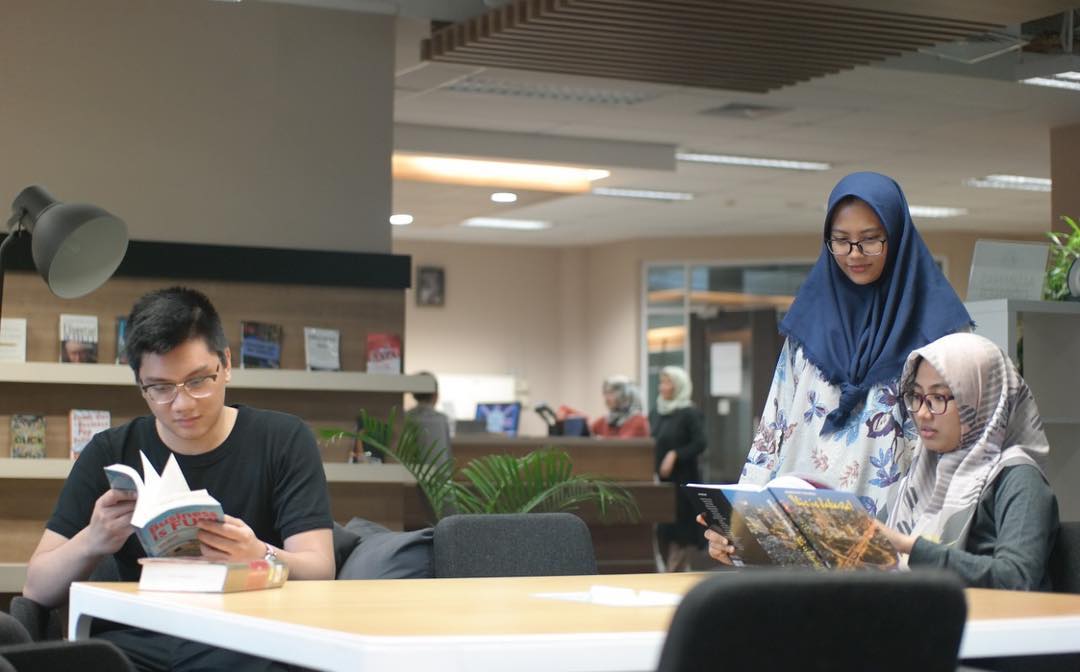Ruswandi, Eddy and Firmansyah, Ferry and Karyani and Winarto, Mahwi and Anugrah, Oky and Ranie, Pillar Adrianto and Joelhaswin, Yuandri (2005) Analysis of Measurement on Employee Satisfaction and Guest Satisfaction at Hotel Crown Plaza Jakarta. Project Report. Sekolah Tinggi Manajemen IPMI, Jakarta. (Unpublished)
|
Image
309_Analysis of Measurement on Employes Satisfaction and Guest Satisfaction at Hotel Crowne Plaza Jakarta.pdf Restricted to Registered users only Download (14MB) |
Abstract
Hotel Crowne Plaza Jakarta (CPJ) had been utilized guest and employee surveys to measure their performance in terms of guest satisfaction, which is one of the ultimate company's goals for revenue drivers. The Human Resources Department at CPJ recognizes the need to assess the result of ESPS (Employee Satisfaction Pulse Survey) and GSTS (Guest Satisfaction Tracking Survey). Currently the Score of ESPS is 300 and GSTS is 181. CPJ is aiming to improve the score of ESPS and GSTS by Q4'05 into 261 and 160 respectively. The purpose of this study is to identify the root problem relatéd to quality of service as measured by the guest satisfaction, focusing on the employee side. Later on, some sort of alternatives will come into view in achieving a better overall employee satisfaction result. The project scope has been designed to deal with front liner staff at CPJ, such as: Bellman, Guest Reception, Phone Operator, and Food & Beverage. Then, the study is aimed to assess overall employee satisfaction result that drives guest satisfaction score, which in turn will increase the room occupancy at CPJ. Thus, the objective of this study was to test the three hypotheses: 1. Higher employee satisfaction will increase GSTS result. 2. Hotel's product comfort is significantly affected by employee performance. 3. The result of ESPS may not really reflect the satisfaction of employee. As indicated by the first hypothesis, human resources related factors of GSTS are linked to employee motivation / satisfaction factors as measured by ESPS. The study had shown that: First, when ESPS improved in Q3'04 to Q4'04, GSTS starts to improve in Oct'04 (vice versa). Second, employee's need for training as implied in ESPS becomes reflected in guest measurement of GSTS (i.e. Knowledge of Staff). Third, employee's feel regarding workplace as implied in ESPS (i.e. Workplace) becomes reflected in guest measurement of GSTS (i.e. Staff Support). Hence, the hypothesis is correct. The second hypothesis is about the linkage between "product-comfort" and "staff-support". Interestingly, a strong correlation is existed among them. When impact of staff-support change is positive, then impact of product-comfort change is also positive (vice versa). Even when there is no impact in staff-support, product-comfort has no impact as well. Hence, the hypothesis is also correct. The third hypothesis measures the gap analysis between the perception of employee and management on ESPS. As there is not much gap between the management and employee's perception and also the management is actually aware of things that employee feels not right as shown by low ESPS score for the last 4 quarters, hence "the result of ESPS is actually the reflection of employee's satisfaction". In other word, the hypothesis was not proven. In order to strategically increase ESPS priority and maintaining the actions in-line with HR Operations, we recommend: 1. Select the most affordable things with least capital investment from the top priority list, 2. Link the priority to related department as the KPI target, 3. Review the priority on a quarterly basis, 4. Improve the response rates from employee satisfaction survey.
| Item Type: | Monograph (Project Report) |
|---|---|
| Subjects: | H Social Sciences > HD Industries. Land use. Labor > HD28 Management. Industrial Management |
| Divisions: | Library > GFP (Group Field Project) |
| Depositing User: | Dede Faujiah |
| Date Deposited: | 16 Jan 2020 11:48 |
| Last Modified: | 22 Jan 2020 02:42 |
| URI: | http://repository.ipmi.ac.id/id/eprint/297 |
Actions (login required)
 |
View Item |

